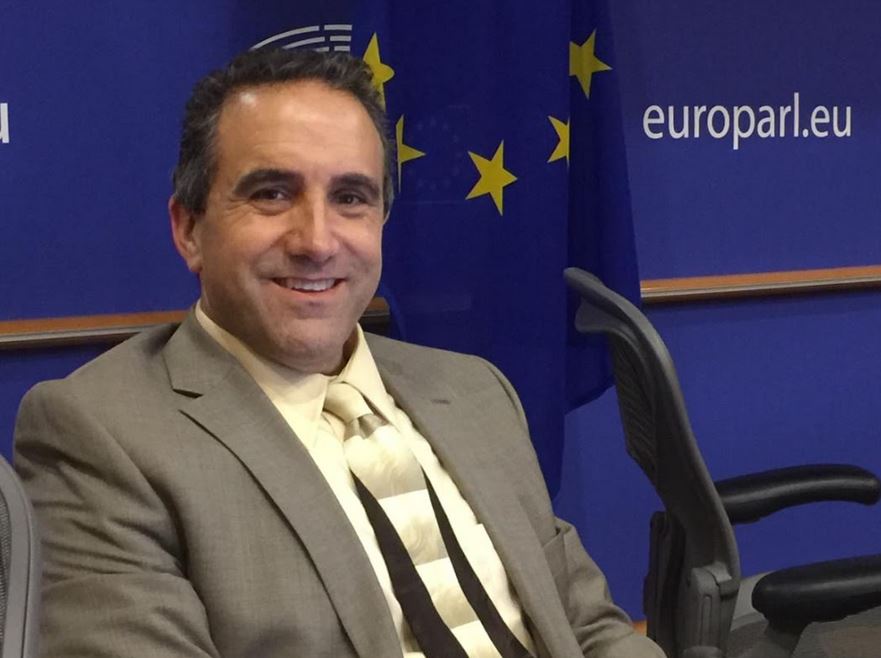James Hamblin, senior editor of the Atlantic, recently joined the unwashed masses. As part of his series If Our Bodies Could Talk, Hamblin, a relatively sane-looking man, took on a no-showering challenge to examine the effect of overcleansing the body. He reduced the number of showers he took and eliminated shampoo and soap when he did.
In doing so, he discovered what thousands of others have: the more we fervently try to clean ourselves with soaps, body washes, and those silly little body poufs, the harder our skin works to restore equilibrium, cueing us to begin the whole bewildering process again. Showering strips the skin of its own oil and bacteria – which, many would argue, is the whole point of showering – but apparently this sometimes works a little too well, especially when you add hot water and cleansing products to the mix.
You know that feeling after a shower when you feel like you’re stuck in a skin suit two sizes too small? That’s because much of your skin’s natural moisture has been washed down the drain. Additionally, our skin, much like our gut, plays host to millions of beneficial bacteria. Showering destroys these happy bacterial colonies; they’re completely wiped out by all of our frequent rubbing and scrubbing. And when the bacteria washed off by soap repopulate, they tend to favour microbes which produce an odor – yes, too-frequent showering may actually make you smell more. When you stop showering and using soap, however, your skin goes through an initial (likely gross) adjustment period, after which the skin typically restores balance, oil production slows, and healthy bacteria flourish.
After everything was said and done, Hamblin realised what other no-soap/no-shower devotees have known for years: that the human body, functioning on its own, is actually quite lovely.


